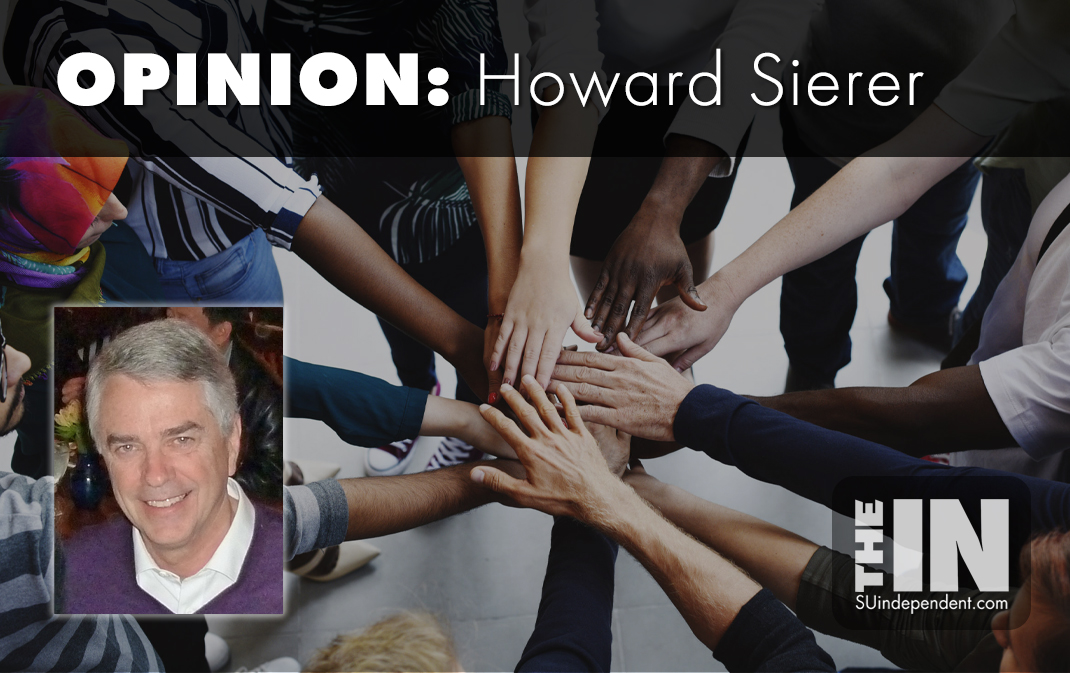
Are Corporate Diversity Initiatives Legal?
– By Howard Sierer –
What’s the difference between racial preferences in university admissions – declared unconstitutional in the Supreme Court’s recent Students for Fair Admissions v. Harvard College decision – and race and gender-based corporate diversity initiatives? Very little, say a variety of legal activists challenging them.
Turning the tables on other activists who had pressured a number of large corporations to establish diversity, equity, and inclusion (DEI) programs, this new crop of activists argue that many of these programs are clear violations of civil rights laws prohibiting race and sex discrimination.
As noted in Bloomberg Law, “workplace DEI and affirmative action programs are governed by Title VII of the 1964 Civil Rights Act and other federal and state employment anti‑discrimination laws. Using protected classes, such as race, to make employment decisions is generally illegal under these laws.”
Many companies have developed DEI programs similar to those used by universities. They say these programs and practices fall within the law and that they see business benefits in helping disadvantaged groups overcome hurdles that limit their progress in corporate America.
Despite these public claims, many are quietly seeking counsel from their attorneys to make any necessary changes to their programs, most of which explicitly name blacks, women or other groups as intended beneficiaries.
Companies took special note of Chief Justice John Roberts’ mention in the majority opinion that Harvard’s admissions policy “rests on the pernicious stereotype that a black student can usually bring something that a white person cannot offer.”
Justice Neil Gorsuch, in a concurring opinion, noted “materially identical language” on discrimination in the laws governing higher education and employment.
Dan Lennington, a former Wisconsin deputy solicitor general, says, “Anything a company’s doing that is treating someone differently because of their race, even if it’s a small part of the decision-making process, is going to be scrutinized.”
Dozens of large companies and the law firms that advise them have received letters from various state government officials reminding them to adhere to laws prohibiting racial and gender quotas and preferences in both hiring and contracting.
A number of them had already been sued for discrimination prior to the Court’s ruling against Harvard: Comcast had already settled a discrimination lawsuit, and both Amazon and Starbucks are in court.
Comcast was dragged into court for violating Section 1981 of the 1866 Civil Rights Act. That section says that all Americans should have the same right to sue and enforce contracts “as is enjoyed by white citizens.” Those who feel they are being disadvantaged by company programs see this provision, originally intended to protect the rights of recently freed slaves, as explicitly protecting their rights to equal opportunity today.
Amazon.com was sued in July 2022 based on the 1866 law. At issue was a program awarding an additional $10,000 to Black, Latino, and Native American delivery service contractors to defray startup costs.
Coca-Cola sent a letter to its outside law firms in 2021 saying that 30% of new legal work for the soft drink giant should be performed by lawyers who are women, LGBTQ+, disabled, or members of racial and ethnic minority groups. The letter said law firms must report demographic data to Coke, which could cut their fees if the guidelines weren’t met.
Coke’s requirement was a clear violation of federal civil rights law. When challenged, the company backed down and contacted the law firms again, telling them the guidelines “were never company policy.”
Equal Employment Opportunity Commissioner Andrea Lucas wrote a Reuters article noting that she sees “significant legal and practical risk” in many corporate diversity programs. Countering progressives who claim otherwise, she adds, “Equal opportunity is our charge, but the law does not demand equal outcomes.”
I see no way to defend corporate DEI programs that, by their very titles, favor preferred groups and hence discriminate against other groups. These programs promote “tribalism,” telling favored groups that they are victims and giving them a sense of entitlement instead of the equal opportunity and incentive for hard work they need to succeed.
I believe in a colorblind and genderblind society where all citizens enjoy equal opportunity. Anything less is unconstitutional and un-American.



